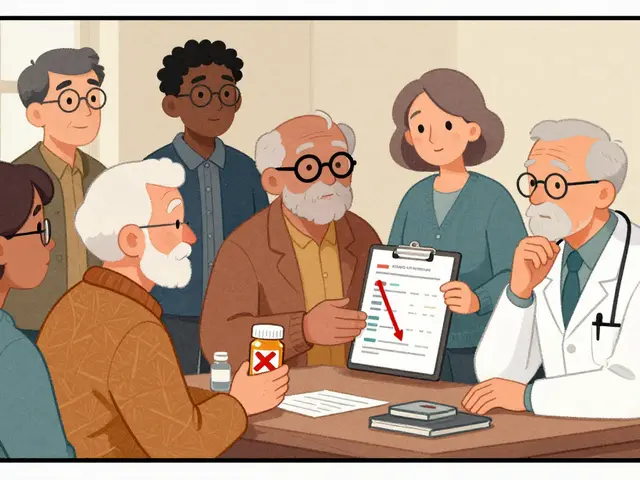Sodium Bicarbonate Safety – Simple Guide
If you’ve ever used baking soda to ease heartburn, freshen breath, or clean around the house, you already know it’s a handy powder. But like any substance you take or apply, it has a safe zone and a risky zone. Below you’ll find the basics you need to use sodium bicarbonate without turning a simple fix into a health hassle.
Common Uses and Safe Dosage
People usually reach for sodium bicarbonate for three reasons: relieving occasional heartburn, managing mild acidity after exercise, and helping the kidneys get rid of extra acid. The typical adult dose for heartburn is ½ teaspoon (about 2.5 g) mixed in a glass of water, taken every 2‑4 hours. Don’t exceed 7 g a day for men or 5 g for women – that’s the amount most doctors consider safe.
If you’re using it to help the kidneys, your doctor will give you a prescribed amount based on blood tests. Never start a renal‑support regimen on your own; the dosage can vary a lot depending on kidney function and other meds you’re on.
For kids, the dose is much smaller – usually ¼ teaspoon in water, not more than once a day unless a pediatrician says otherwise. Always keep the powder out of reach of children, because even a tiny overdose can cause vomiting or unwanted electrolyte shifts.
When to Avoid or Talk to a Doctor
There are a few red flags that mean you should skip the powder or get a professional opinion first. If you have high blood pressure, heart failure, or are on medications that raise sodium levels (like certain diuretics), adding extra sodium from baking soda can make things worse.
People on potassium‑sparing diuretics or ACE inhibitors should be careful because sodium bicarbonate can raise potassium too, leading to heart rhythm problems. Same goes for those taking aspirin or other NSAIDs regularly – the combo can upset stomach lining more than usual.
Pregnant or breastfeeding women should keep the dose low (no more than ½ teaspoon total per day) and only use it after checking with their doctor. The same rule applies if you have a history of kidney stones; the extra sodium can increase calcium loss and promote stone formation.
Watch for side effects like sudden nausea, stomach cramps, or a lingering metallic taste. If you feel tingling around your mouth, muscle weakness, or notice a rapid heartbeat, stop using the powder and call a health professional right away.
Finally, never mix sodium bicarbonate with acid‑containing medicines (like certain antacids or vitamin C supplements) without checking. The reaction can create a lot of gas, cause bloating, or even trigger a dangerous electrolyte imbalance.
Bottom line: Sodium bicarbonate is safe when you respect the dose, know your health conditions, and stay alert for any odd symptoms. When in doubt, a quick chat with your pharmacist or doctor can save you a lot of trouble.
Discover smart tips, exact steps, and what to watch for when buying sodium bicarbonate online. This easy guide covers safety, best sites, and hidden tricks.


